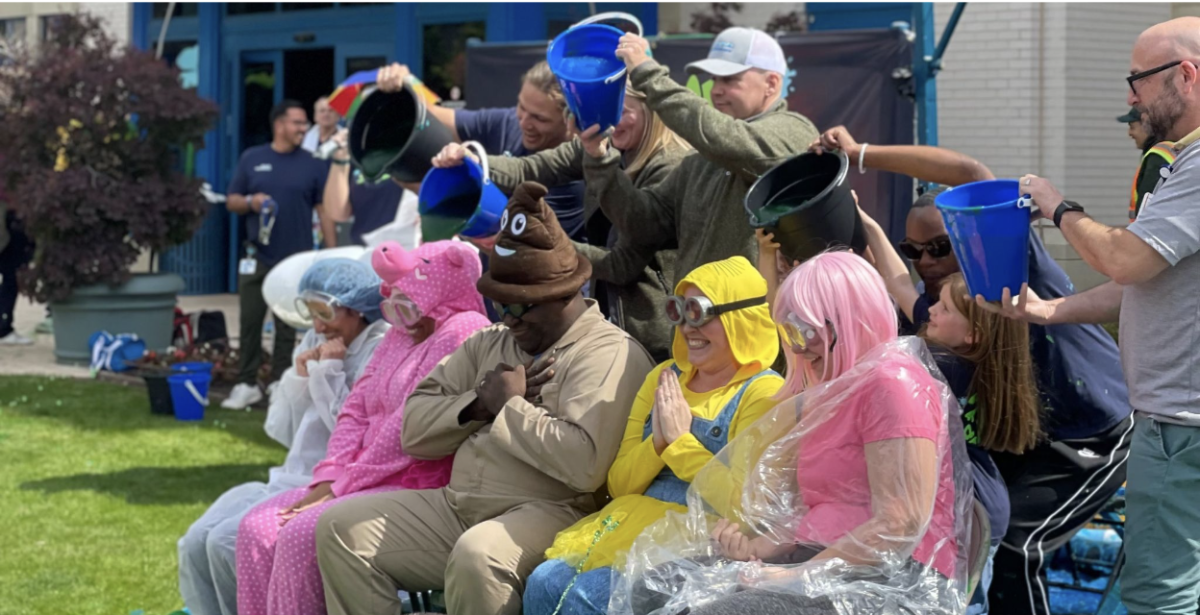A new blood test may be able to detect a single cancer cell among millions of other cells within the sample, and the test will give doctors the ability to determine more quickly if a person has cancer than the previous tests, according to an article published in Technology Review.
Nursing oncologist Dr. Donna Dombrowski from Saint Louis University Hospital explained that the test would filter a blood sample using a device that separates abnormal cells from normal cells. Although an examiner could be able to tell where these cancer cells originated within the body, other tests will still be used to ensure accuracy, Dombrowski said.
“This test is simply a tool for right now and cannot be used alone,” Dombrowski said. “Until doctors are comfortable with the accuracy of this test, x-rays, exams and medical history will all be taken into consideration with the results of the blood test to lower the chances of false negatives.”
With this test, cancer patients can have treatment plans designed specifically to their needs, Dombrowski said. It will allow former cancer patients to find out whether the cancer has come back with immediate results, she said.
Junior nursing major Natalie Feingold said the test could be beneficial for those cancers that commonly have symptoms that go undetected.
“For cancers in the pelvic region, usually the person shows minor to no symptoms until the cancer is stage four and extremely serious,” Feingold said. “If this test is proven effective, it could help detect these cancers earlier on.”
Feingold said that with the approval of the test, nursing students and doctors will have to be informed of how to utilize this new procedure.
“This will definitely affect our education in the future,” Feingold said. “It could be good, but it could also lead to people figuring out they have a disease that will determine the rest of their lives.”
Medical researcher Dr. David White, who works at Sinclair Research Center in Missouri, said the new test could be used to diagnose people who show no cancer symptoms and will allow doctors to know if their prescribed treatment is working or if it needs to be altered.
According to the Technology Review article, this new process of detecting a single cell has already been given the name “liquid biopsy” by scientists.
As of now, the test has only been able to detect breast, colon, prostate and lung cancers, Dombrowski said.
According to an article in The Washington Post, the test was being used at four major hospitals in the United States, one of which was MD Anderson Cancer Center in Houston. If these tests are successful, they could be more widely available throughout the country, according to the article.
Dombrowski said that despite the progress, the test was still in the research phase.
“Until it is approved by the FDA, it will not be widely available,” Dombrowski said. “The results look very promising, and the tests will most likely be approved and available within the next year.”




